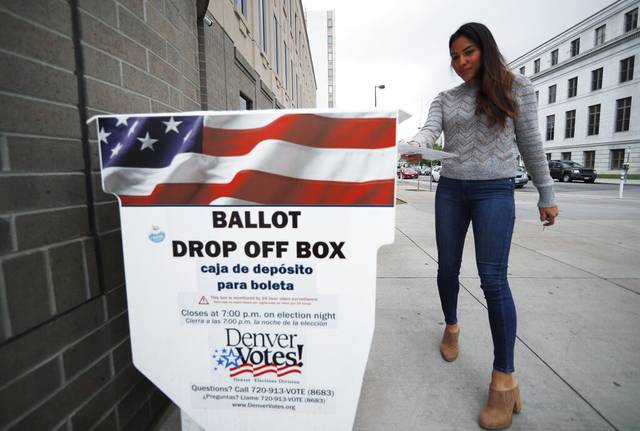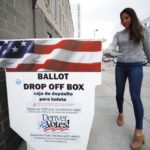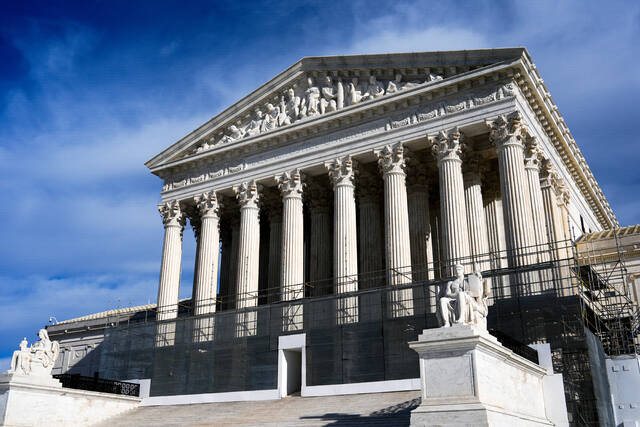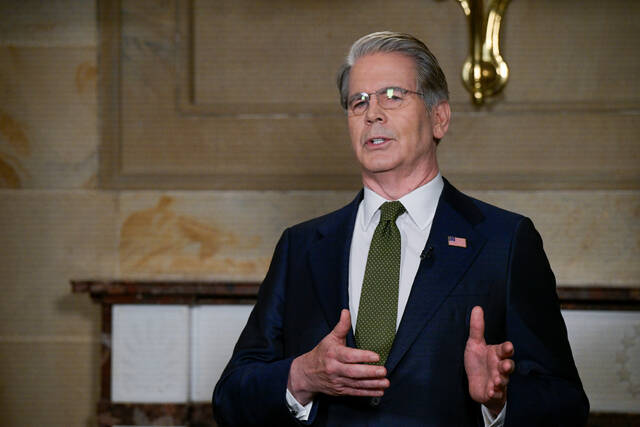Voters in Denver approved the nation’s first referendum on decriminalizing hallucinogenic mushrooms Tuesday. Though it took election officials until Wednesday afternoon to tabulate the vote, 50.6% of the 176,000 voters picked “yes,” and 49.4% voted no.
The voters endorsed a change in Denver law that will require police to make arresting people for personal possession or use of psilocybin mushrooms “the lowest law enforcement priority in the City and County of Denver.” The final vote total has yet to be certified by Denver election officials.
“We’re sending a clear signal to the rest of the country,” said Kevin Matthews, the leader of the Decriminalize Denver movement, which placed Initiative 301 on the ballot, “that America is ready to talk about psilocybin. We have work to do, we’re ready for it and we couldn’t be happier.”
In early returns, it appeared the measure might not pass. City residents had three weeks to cast votes, and a large number of votes submitted on Tuesday enabled the yes votes to reverse a 4,700-vote deficit in the final count.
BREAKING: Denver psychedelic mushroom measure PASSES with final votes tallied.https://t.co/heyknX5w0s pic.twitter.com/pfrmhimkB4
— Tom Angell ?? (@tomangell) May 8, 2019
Although recreational marijuana is now legal in Colorado, the mushroom referendum affects only Denver. Hallucinogenic mushrooms remain illegal in Denver and the rest of Colorado, and selling them will still be a felony. They also remain a Schedule I controlled substance under federal law. Matthews said they would not be available in the city’s cannabis dispensaries and should still be used carefully.
The initiative also establishes a review panel to analyze the public safety, administrative, fiscal and health impacts of the decriminalization of mushrooms.
Denver’s law enforcement community was not thrilled by the prospect of more readily available hallucinogens. Although the Denver Police Department declined to comment, a spokeswoman for Denver Mayor Michael Hancock, a Democrat who was leading in his bid for a third term on Tuesday, said he opposed the initiative, and Denver District Attorney Beth McCann, a Democrat, also voiced opposition.
“We’re still figuring out marijuana, and even though things are going well so far, we’re still measuring the impacts on the people of Denver,” McCann said. She said she feared that if the measure passed, Denver would attract more drug users and that mushroom-influenced drivers would create havoc.
#BREAKING #Denver first in the nation to decriminalize magic mushrooms in close vote, @AndyKnny reports #DenverVotes https://t.co/A9ldvLERRc
— The Denver Post (@denverpost) May 8, 2019
After the measure passed, McCann’s spokeswoman, Carolyn Tyler, said that the prosecutor supported the review committee created by the referendum and that “we’ll study how it’s going to affect the city.” Tyler noted that the measure would not change much in the district attorney’s office because “we are not putting people in jail for low-level possession.”
But a number of studies have shown that psilocybin can have positive, lasting effects on depression, chronic pain, post-traumatic stress disorder, addictions and anxiety. Matthews said his own experience with mushrooms had helped him overcome major depression.
The federal Food and Drug Administration has granted “breakthrough therapy” status to study psilocybin for treating depression. The FDA describes breakthrough therapy as being designed to expedite development of a drug after preliminary evidence shows “the drug may demonstrate substantial improvement over available therapy.”
Matthews said psilocybin has been shown to help reduce dependence on opioids. “Given our national crisis with opioids, that’s a big one,” he said. He also noted that a large and rising percentage of the American populace is taking medication for mental health. “It’s pretty clear” from the FDA granting psilocybin “breakthrough status,” Matthews said, “that the federal government knows we need some other solutions as well.”
The Denver Psilocybin Initiative raised about $45,000 in support of the campaign, advertising mostly on social media and posters around Denver, and it gathered more than 9,000 signatures to get Initiative 301 on the ballot. There was no organized opposition.
Early totals on Tuesday night had the mushroom referendum trailing by 45% to 55%, but by 1 a.m., the margin had narrowed to about 3%. The final total was released about 4:30 p.m. Mountain Daylight Time.
“What an amazing 22 hours,” Matthews said. “We’re really looking forward to creating a positive relationship with city officials in Denver and working with and educating Denver residents, and being part of the continuing conversation.”
“No one should be arrested or incarcerated simply for using or possessing psilocybin or any other drug,” said Art Way, Colorado director of the Drug Policy Alliance. “If anything, this initiative doesn’t go nearly far enough. Given the scientific and public support for decriminalizing all drugs, as Portugal has done successfully, we need broader reforms that can scale back the mass criminalization of people who use drugs.”











